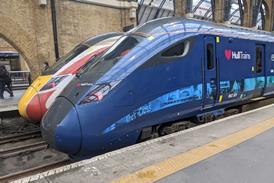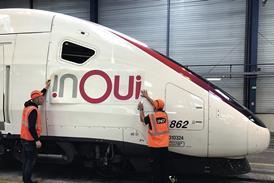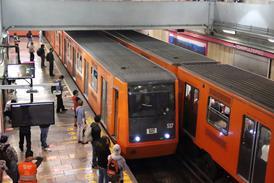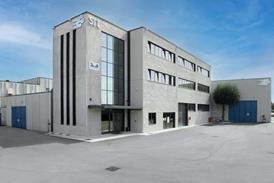Close menu
- Home
-
News
- Back to parent navigation item
- News
- Traction & Rolling Stock
- Passenger
- High Speed
- Freight
- Infrastructure
- Policy
- Technology
- Ticketing
- Business
- Research, Training & Skills
- Accessibility & inclusion
- People
- Urban rail news
- Suburban and commuter rail
- Metro
- Light rail and tram
- Monorail and peoplemover
- Regions
- InnoTrans
- In depth
- Events
- Data
- Maps
- Tenders & Jobs
- Sponsored content
- Insights
DSB reaches IC4 settlement with AnsaldoBreda
By Railway Gazette International21 May 2009

DENMARK: A year after issuing an ultimatum to AnsaldoBreda over the protracted delays to the delivery of its IC4 diesel multiple-units, on May 20 state railway DSB announced an agreement to restructure the troubled procurement contract.
Already have an account? LOG IN
To continue…
You’ve reached your limit of content for the month
Get enhanced access to Railway Gazette news and weekly newsletters.
Site powered by Webvision Cloud














